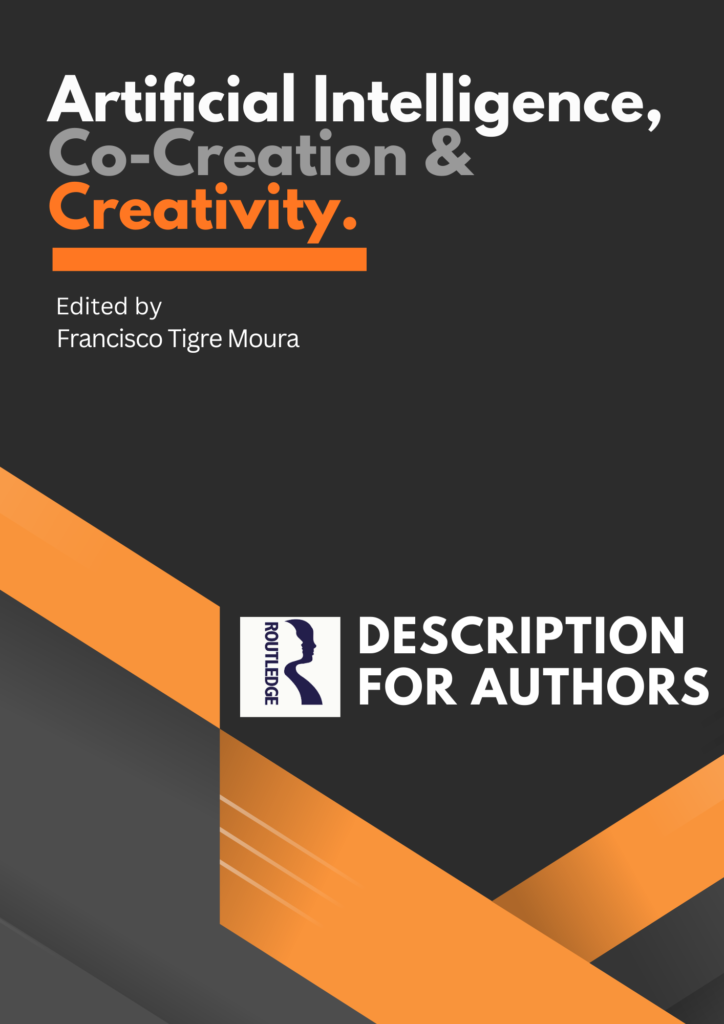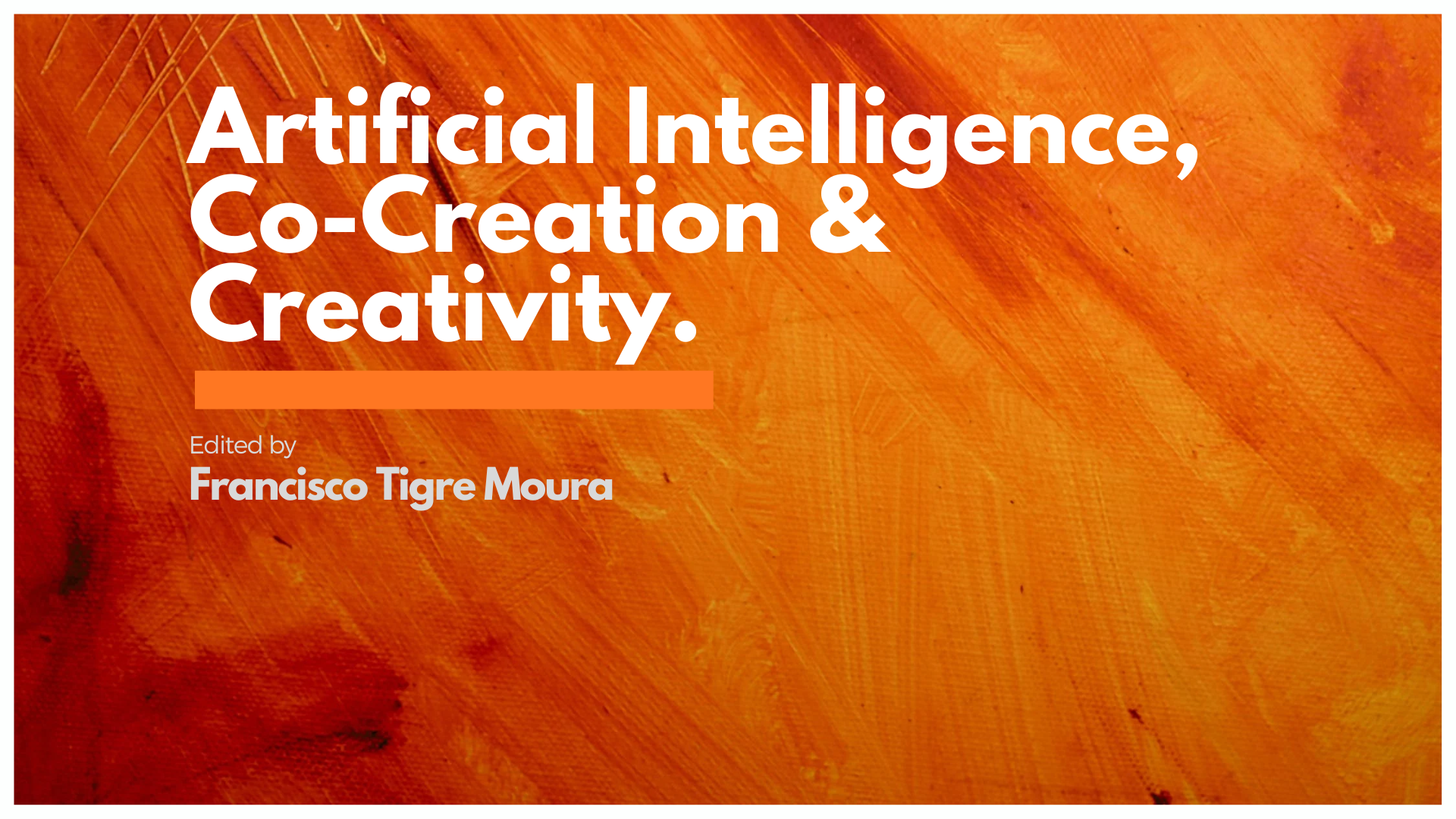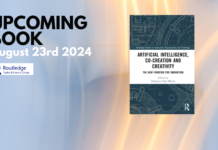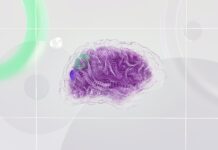The landscape of creativity and innovation is rapidly changing as artificial intelligence (AI) continues to make strides in its capabilities and applications. Not only has AI demonstrated its potential to revolutionize various industries, but it has also shown immense promise in augmenting human creativity. This exciting development has led to the emergence of a new area of exploration – the co-creative process between humans and AI.
In this context, I am thrilled to announce the development of an edited book to be published in 2024 by Routledge and will be part of their series titled “Studies in Innovation, Organizations and Technology“.
The book aims to address the phenomenon of human-AI co-creation for creative tasks and innovation. We believe that this publication will provide a critical contribution to the understanding of how humans and organizations can successfully collaborate with AI across different sectors and harness its full potential to augment human creative abilities.
Currently, I am inviting scholars from various disciplines, including AI, creativity, arts, and management, to contribute to this groundbreaking book. If you are interested in being a part of this exciting project, I encourage you to submit an abstract (maximum of 300 words) describing the idea for your chapter by 1st of July.
But first, let me tell you a bit more about it.
The proposed book will discuss how humans can augment their capabilities of generating creative and innovative outputs by successfully co-creating with artificial intelligence. The chapters and topics will cover examples across different industry sectors, such as music and arts, science, and management, to enable a holistic understanding. Moreover, the book will address critical questions involving adoption barriers, authenticity and value of outputs, ethical concerns, relationship with algorithms, context-based issues, and more.
Through this publication, readers will gain a thorough knowledge of how humans and organizations are co-creating with AI across different sectors and forms of human augmentation to generate creative solutions. Furthermore, it will provide a relevant source of inspiration for advanced academic research and timely case studies for in-class discussions.
This publication is primarily targeted at scholars, including advanced students, early-career researchers, and established academics, working at the intersection of AI, creativity, arts, and management. To ensure its suitability for all levels of expertise and its usefulness for educational purposes, the book will contain an introduction to AI and creativity, debate critical questions involving artificial co-creation, and discuss future developments in the field.

The book will be divided into three main sections:
1. Principles of AI and Creativity: This initial section will provide an overview of AI and its core concepts, as well as its potential to enhance human creative capabilities. Authors will also discuss the various ways in which AI can be used to assist humans, human augmentation, and future developments.
2. Critical Questions on Artificial Co-Creation: In this section, authors will delve into the specific ways in which humans can collaborate with AI to become more creative, productive, and innovative. They will explore how to overcome barriers, techniques on collaborating with AI in problem-solving, the relationship between humans and algorithms, as well as how to define successful collaborations and ethical concerns.
3. Case Studies of Artificial Co-Creation: This final section will provide real-world examples of how humans can successfully co-create with AI to generate creative outputs in various sectors, such as arts and music, education, engineering, management, and science and research. These case studies will help readers understand the need to consider context while co-creating with smart systems, and thus enable a holistic understanding of artificial co-creation.
If you are interested in contributing to this exciting book project, please submit an abstract (maximum of 300 words) describing the idea for your chapter by the 1st of July to my email: francisco.tigre-moura@iu.org. The abstract should clearly outline the main arguments, methodology, and potential contributions of your proposed chapter.
I believe that this edited book on human-AI co-creation will significantly contribute to the understanding of how humans and organizations can harness the full potential of artificial intelligence for creative purposes. By bringing together scholars from various disciplines and industry practicioners, I aim to create a comprehensive and thought-provoking exploration of this exciting phenomenon.
So if you are passionate about the intersection of AI, creativity, arts, and management, please submit your abstract and let us make this book a valuable resource for scholars, students, and practitioners!









